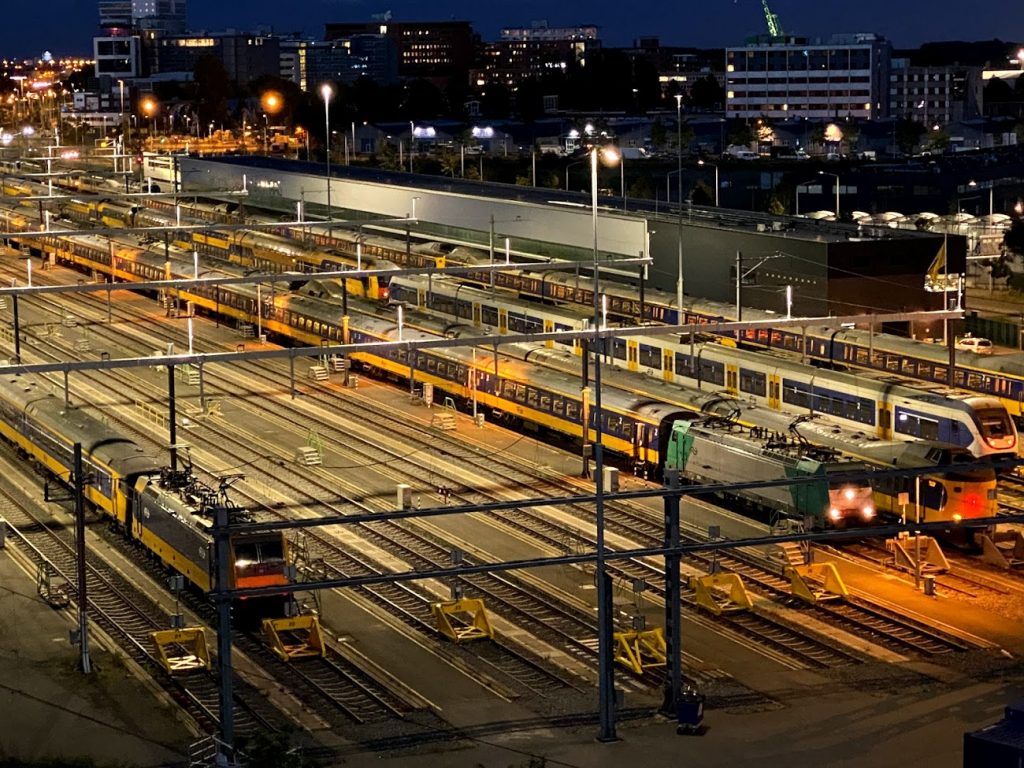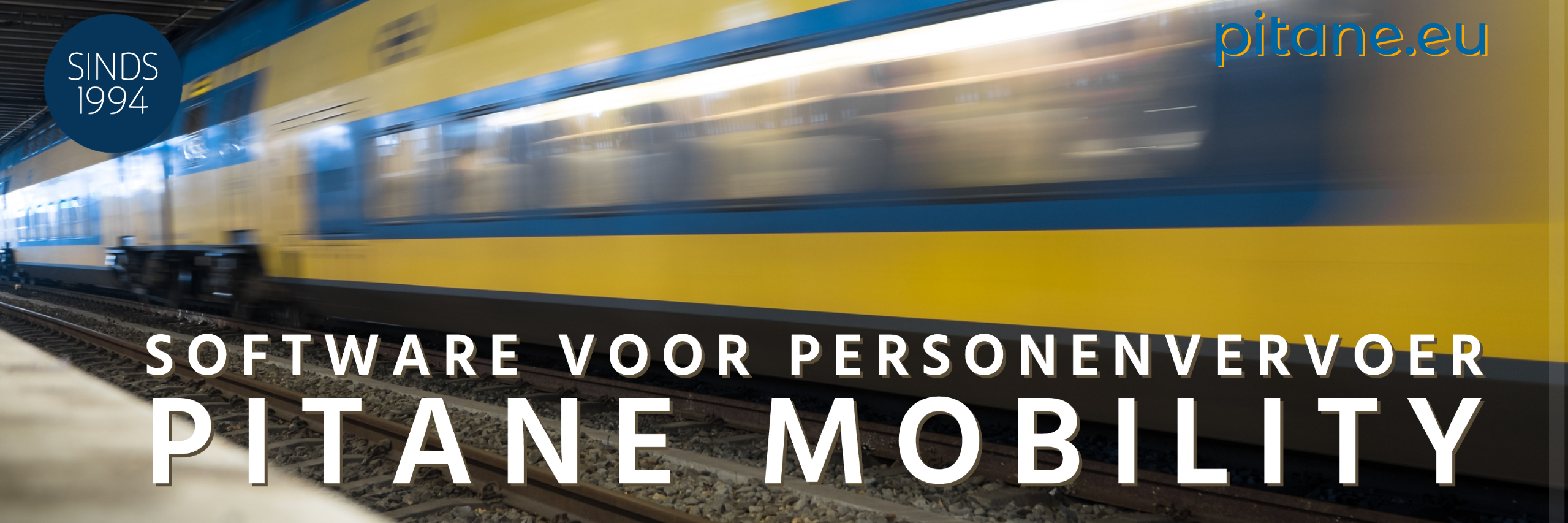NS will lose the right to international routes, except for the connection to Brussels.
The recent decision of the Dutch cabinet to reallocate the concession of the Dutch Main Rail Network (HRN) to the Dutch Railways (NS) until the end of 2033 has evoked mixed reactions. State Secretary Vivianne Heijnen of the Ministry of Infrastructure and Water Management announced this decision, despite the resistance of various parties to the lack of expansion of NS services in the North and their proposal for a rush hour charge.
The concession agreement guarantees that NS will continue to provide domestic services, except on international routes, with the exception of the connection to Brussels. This decision aims to increase competition and lower rates on European railways. However, the new agreement does not offer NS the opportunity to introduce a peak tax, a plan that was previously rejected by both the House of Representatives and passenger organizations. NS may submit proposals for a new tariff system, but its introduction requires explicit approval from the House of Representatives. In addition, the concession is evaluated halfway to ensure market forces and fairness.
This decision follows a letter from the European Commission to the Dutch Ministry of Infrastructure and Water Management, which expressed concerns about transparency and competition within the Dutch railway network. The letter highlighted issues such as the lack of access to information for potential operators, which hinders them from developing business plans and making credible market offers. This could lead to companies being reluctant to make offers for fear of leaking sensitive information.

The discussion surrounding the concession of the Main Rail Network is not new. However, with the recent involvement of the European Commission, the discussion seemed to reach a new high. Commercial operators have long been calling for a level playing field and an opportunity to enter the Dutch market, and the letter can be seen as an acknowledgment of their concerns at European level.
Commercial operators also expressed objections to the re-granting of the concession to NS. Their involvement in the consultation process appears to be only a formality, despite their interest in operating services in the Netherlands. The European Commission indicated that the current design of the concession is largely based on a Program of Requirements from the summer of 2022. This program has previously been discussed concerns expressed, and according to the letter, no significant changes have been made since then.
appointments
The recently renewed concession for the Dutch Main Rail Network, which was awarded to the Dutch Railways (NS), contains specific agreements about the frequency of train services. These agreements are based on the current timetable, which serves as a starting point for future operations. Interestingly, the government is not demanding a significant increase in the number of trains from NS in the coming years.
This decision by the government reflects a strategy that appears to be more focused on maintaining the status quo than on expansion. Although this provides a form of stability and predictability for both the operator and passengers, it also raises questions about the ambitions for growth and improvement of train transport in the Netherlands. This choice can be seen as a missed opportunity to modernize and expand the rail network, especially in areas where fewer train services are currently available.




